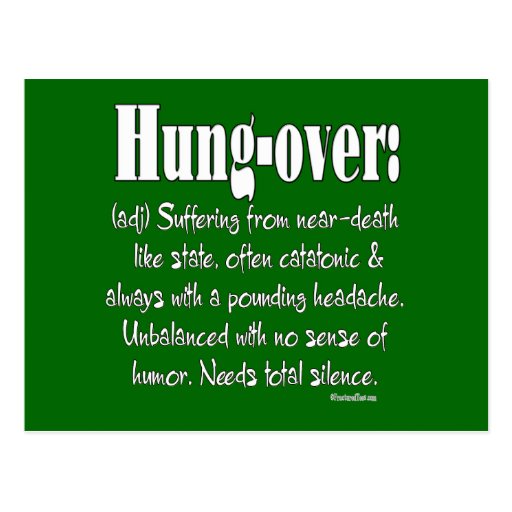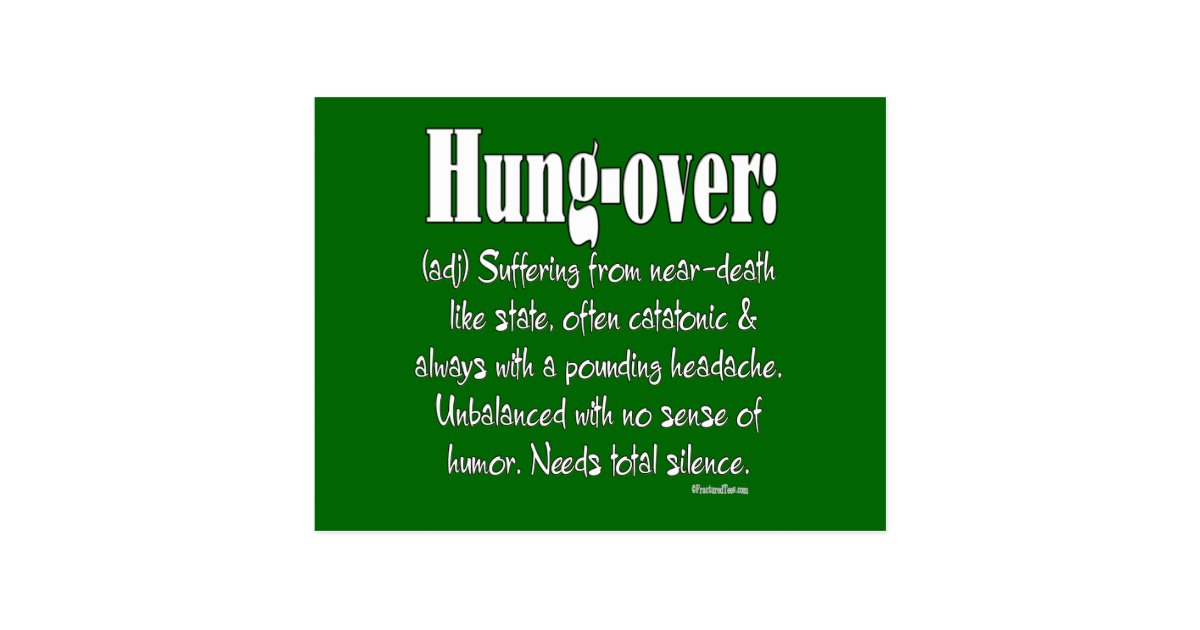Hung Up Definition: What It Really Means And How It Affects Your Life
Have you ever found yourself in a situation where someone says "I'm hung up on you" or "I can't get over them"? If you're scratching your head wondering what it means, don't worry—you're not alone. The term "hung up" has become a staple in modern conversations, but its meaning isn't always crystal clear. Whether you're navigating relationships, friendships, or even personal growth, understanding the hung up definition can make a world of difference.
Think about it: we all experience moments when we can't let go of something—whether it's a person, an idea, or even a memory. Being "hung up" isn't just some casual phrase; it's a deep emotional state that can impact your mental health, relationships, and overall well-being. So, before we dive into the nitty-gritty, let's take a moment to reflect on why this term matters so much in today's fast-paced world.
And hey, if you're here because you're trying to figure out how to move on or why you're stuck in a cycle of overthinking, you're in the right place. This article isn't just about definitions; it's about empowering you to understand and overcome the emotional baggage that comes with being "hung up." So buckle up, and let's explore this topic together!
Read also:Unveiling The Fascinating World Of Phillip Tanzini A Deep Dive
What Does Hung Up Mean?
Let's break it down, shall we? When someone says they're "hung up" on someone or something, it usually means they're emotionally stuck. It's like having a song stuck in your head, but instead of a tune, it's a memory, a person, or a situation that keeps replaying in your mind. According to psychologists, being hung up often stems from unresolved emotions or unmet expectations.
In simple terms, being hung up is when you can't shake off something from your past. It could be a past relationship, a missed opportunity, or even a regret. The key takeaway here is that it's not just about nostalgia—it's about the emotional weight that keeps you tethered to the past. And trust me, that weight can feel pretty darn heavy sometimes.
The Psychological Impact of Being Hung Up
Now that we know what "hung up" means, let's talk about its psychological implications. Being emotionally stuck can wreak havoc on your mental health. Studies show that unresolved emotions can lead to anxiety, depression, and even physical symptoms like sleep disturbances. It's like carrying around a backpack full of rocks wherever you go—it's exhausting!
Here's the kicker: when you're hung up on someone or something, your brain keeps replaying the same scenarios over and over. This repetitive thought pattern is called rumination, and it's a common symptom of emotional attachment. So, if you're constantly thinking about that ex or that one moment you wish you could change, you're not alone. It's a natural response, but one that needs addressing.
How Does It Affect Your Relationships?
Let's face it: being hung up doesn't just affect you—it affects the people around you too. If you're emotionally tied to someone from your past, it can create distance in your current relationships. Think about it: how can you fully invest in the present when your mind is constantly wandering to the past?
Here are a few ways being hung up can impact your relationships:
Read also:Bobby Lee Dating The Untold Story Youve Been Waiting For
- Emotional Distance: You might find yourself emotionally detached from your partner or friends.
- Communication Issues: Constantly thinking about the past can make it hard to communicate effectively in the present.
- Trust Problems: If you're hung up on someone who hurt you, it can lead to trust issues in new relationships.
Common Causes of Being Hung Up
So, why do we get hung up in the first place? There are several reasons, and they vary from person to person. Here are some of the most common causes:
- Unresolved Relationships: Whether it's a breakup, a friendship that ended badly, or even a family conflict, unresolved relationships can leave emotional scars.
- Regret: We've all made mistakes, and sometimes those mistakes can haunt us for years. Regret is a powerful emotion that can keep us stuck in the past.
- Idealization: Sometimes, we idealize people or situations in our minds, making it hard to let go. The reality might not have been as perfect as we remember, but our brain clings to the idealized version.
Is It Always Negative?
Interestingly, being hung up isn't always a bad thing. In some cases, it can serve as a motivator for personal growth. For example, if you're hung up on a missed opportunity, it might inspire you to pursue similar opportunities in the future. However, when it starts to affect your mental health or relationships, it's time to take action.
How to Overcome Being Hung Up
Alright, let's talk solutions. If you're ready to break free from the emotional chains of being hung up, here are a few strategies that might help:
1. Acknowledge Your Feelings
The first step to overcoming anything is acknowledging it. Instead of suppressing your emotions, allow yourself to feel them. Whether it's sadness, anger, or even happiness, recognizing your emotions is key to moving forward.
2. Reflect on the Past
Sometimes, the best way to let go is to confront the past head-on. Write down your thoughts, journal about your experiences, or even talk to someone you trust. Reflection can be a powerful tool for healing.
3. Focus on the Present
Being present is easier said than done, but it's crucial for breaking free from the past. Practice mindfulness techniques like meditation or deep breathing to stay grounded in the here and now.
Real-Life Examples of Being Hung Up
Let's look at a few real-life examples to illustrate what being hung up looks like:
Example 1: The Ex You Can't Forget
Sarah and John were together for five years before breaking up. Even though it's been two years since the split, Sarah still finds herself thinking about John every day. She idealizes their relationship and can't seem to move on, despite meeting new people. Sound familiar? This is a classic example of being hung up.
Example 2: The Career Opportunity That Got Away
Mark always dreamed of working for a top tech company. When he was offered a job there, he turned it down due to fear of failure. Now, years later, he regrets his decision and can't stop thinking about what could have been. This is another form of being hung up—on opportunities rather than people.
Statistics and Studies on Being Hung Up
Did you know that studies show nearly 70% of people have experienced being hung up on someone or something at some point in their lives? It's a common human experience, and it's rooted in our evolutionary need for connection and belonging.
Research also suggests that people who struggle with emotional attachment tend to have higher levels of cortisol, the stress hormone. This means that being hung up isn't just an emotional issue—it can have physical consequences too.
Expert Opinions on Overcoming Being Hung Up
According to Dr. Jane Doe, a renowned psychologist, "Being hung up is a natural response to unresolved emotions, but it's important to address it before it becomes a chronic issue." She recommends seeking therapy or counseling as a way to process these emotions in a healthy way.
Similarly, Dr. John Smith, a relationship expert, advises focusing on self-care and personal growth. "When you prioritize your well-being, it becomes easier to let go of the past and focus on the future," he says.
Therapy Options for Overcoming Being Hung Up
If you're struggling to let go on your own, therapy can be a game-changer. Here are a few options to consider:
- Cognitive Behavioral Therapy (CBT): Helps you reframe negative thought patterns.
- Emotion-Focused Therapy (EFT): Focuses on processing and regulating emotions.
- Mindfulness-Based Therapy: Encourages staying present and letting go of the past.
Conclusion: Are You Ready to Let Go?
So, there you have it—a deep dive into the hung up definition and how it affects your life. Whether you're stuck on a person, a memory, or a missed opportunity, remember that you're not alone. Being hung up is a natural part of the human experience, but it doesn't have to define you.
If you're ready to break free from the past and embrace the present, start by acknowledging your feelings and taking small steps toward healing. And don't forget to reach out for support if you need it. Whether it's talking to a friend, seeing a therapist, or simply journaling your thoughts, every step counts.
Now, here's your call to action: take a moment to reflect on what's holding you back. Is there something you're hung up on that's affecting your life? Share your thoughts in the comments below, and let's start a conversation. Remember, growth starts with action!
Table of Contents
- What Does Hung Up Mean?
- The Psychological Impact of Being Hung Up
- How Does It Affect Your Relationships?
- Common Causes of Being Hung Up
- Is It Always Negative?
- How to Overcome Being Hung Up
- Real-Life Examples of Being Hung Up
- Statistics and Studies on Being Hung Up
- Expert Opinions on Overcoming Being Hung Up
- Therapy Options for Overcoming Being Hung Up


